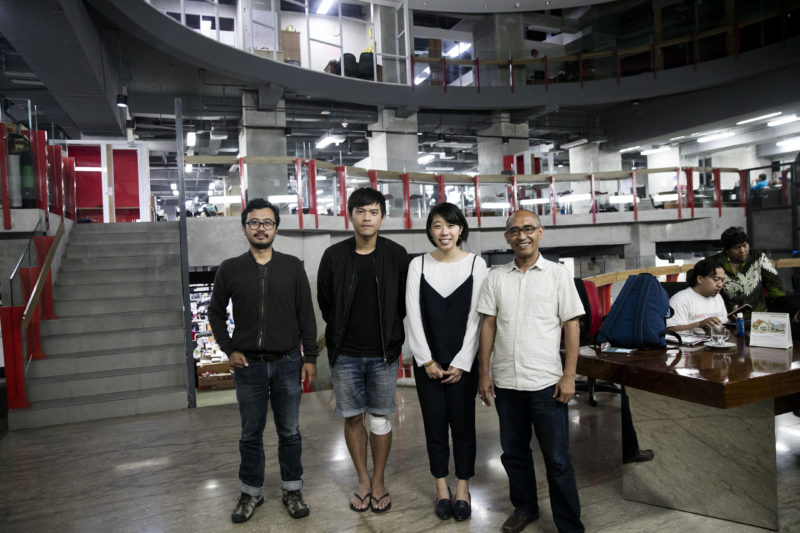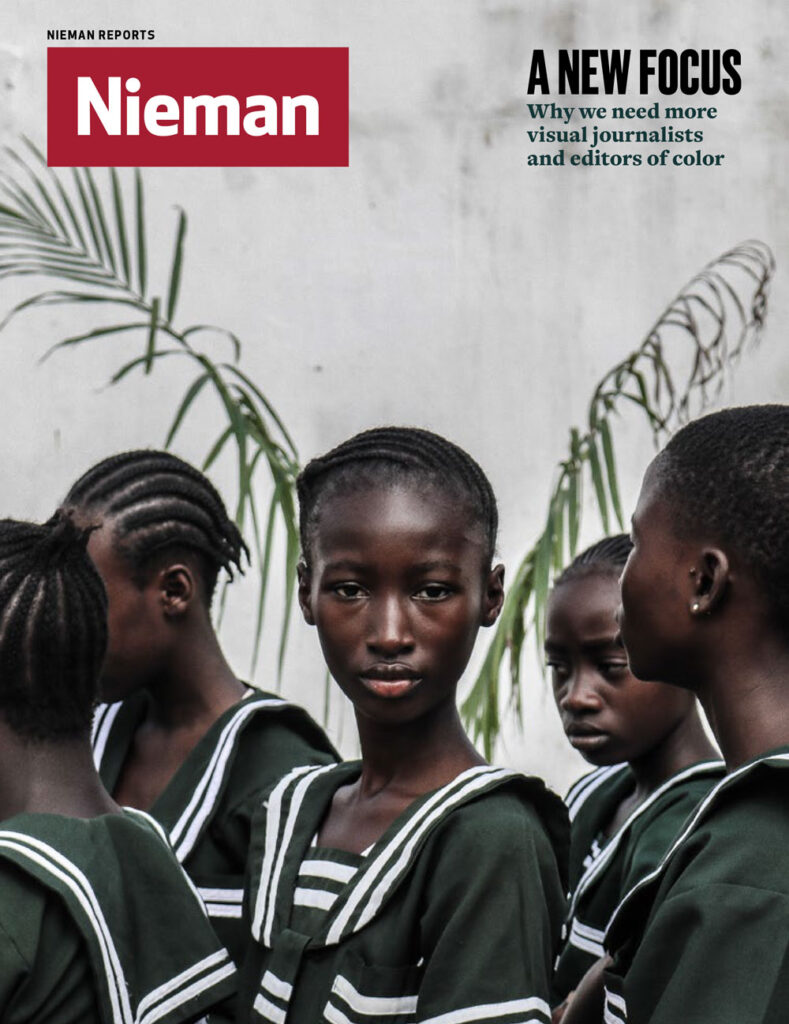Being an investigative reporter used to be a lonely job. You rarely talk about your story to colleagues in your newsroom, let alone a journalist from another publication. You guard your story like a bear protecting its cub. But all of that has changed now.
Working on the Panama Papers has deeply influenced my ideas about investigative journalism. The collaborative spirit, the ease of working with hundreds of other journalists, and the impact worldwide of the stories we produced was striking.
My next opportunity to get involved in a cross-border collaboration arose last September when I was one of the more than 350 journalists attending the Global Investigative Journalism Network’s conference, “Uncovering Asia,” in Kathmandu, Nepal. Between meetings, my colleague Philipus Parera at Tempo Magazine in Jakarta, Indonesia and I met Sherry Lee, editor of The Reporter, an online news site in Taipei, Taiwan.
She said she had a story that might interest us. It was a human trafficking case involving poorly paid Indonesian sailors on Taiwanese fishing vessels. Many of these young sailors died after enduring cruel treatment. Dozens tried to rebel against their captains, sometime plotting to kill their bosses, and were imprisoned in Taiwan. When I heard this story, I was intrigued.
Back in Tempo’s newsroom in Jakarta, we started working on the story with the rest of the investigative team. The Reporter sent their team from Taipei and we all shared our initial findings, discussed possible angles, and set up interviews. On the ground, the real challenge began. Since Sherry’s team had only a few days to wrap up their reporting in Indonesia, they didn’t have time to nail down all the details. We agreed to share responsibility: we will make sure the story sticks on the Indonesian side, while they will do the same on the Taiwanese side.
We published the story in January. A couple of days later, the Ministry of Labor, Ministry of Transportation, Ministry of Foreign Affairs, and the National Police in Indonesia created a task force to fix the loophole in the system which the human traffickers exploited. They also officially demanded better treatment for Indonesian workers in Taiwan.
This successful collaboration emboldened my belief that cross-border investigative projects are the way forward, especially when newsrooms are tight on budget and other resources. Moreover, collaborating with likeminded journalists from other countries who share your passion and vision also reminds me of memorable moments as a Nieman Fellow.
Working on the Panama Papers has deeply influenced my ideas about investigative journalism. The collaborative spirit, the ease of working with hundreds of other journalists, and the impact worldwide of the stories we produced was striking.
My next opportunity to get involved in a cross-border collaboration arose last September when I was one of the more than 350 journalists attending the Global Investigative Journalism Network’s conference, “Uncovering Asia,” in Kathmandu, Nepal. Between meetings, my colleague Philipus Parera at Tempo Magazine in Jakarta, Indonesia and I met Sherry Lee, editor of The Reporter, an online news site in Taipei, Taiwan.
She said she had a story that might interest us. It was a human trafficking case involving poorly paid Indonesian sailors on Taiwanese fishing vessels. Many of these young sailors died after enduring cruel treatment. Dozens tried to rebel against their captains, sometime plotting to kill their bosses, and were imprisoned in Taiwan. When I heard this story, I was intrigued.
Back in Tempo’s newsroom in Jakarta, we started working on the story with the rest of the investigative team. The Reporter sent their team from Taipei and we all shared our initial findings, discussed possible angles, and set up interviews. On the ground, the real challenge began. Since Sherry’s team had only a few days to wrap up their reporting in Indonesia, they didn’t have time to nail down all the details. We agreed to share responsibility: we will make sure the story sticks on the Indonesian side, while they will do the same on the Taiwanese side.
We published the story in January. A couple of days later, the Ministry of Labor, Ministry of Transportation, Ministry of Foreign Affairs, and the National Police in Indonesia created a task force to fix the loophole in the system which the human traffickers exploited. They also officially demanded better treatment for Indonesian workers in Taiwan.
This successful collaboration emboldened my belief that cross-border investigative projects are the way forward, especially when newsrooms are tight on budget and other resources. Moreover, collaborating with likeminded journalists from other countries who share your passion and vision also reminds me of memorable moments as a Nieman Fellow.




